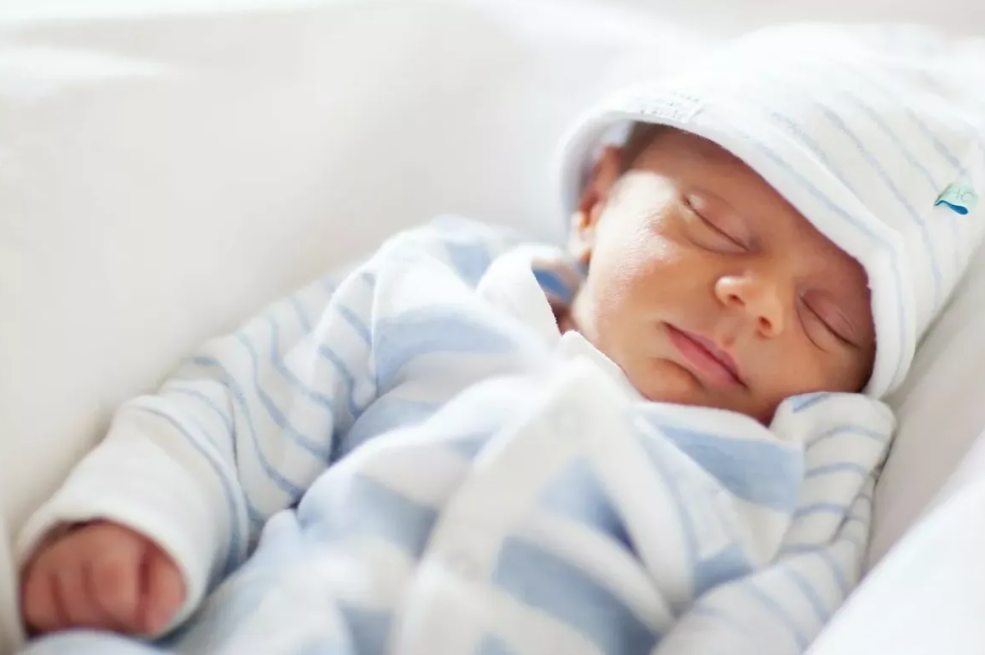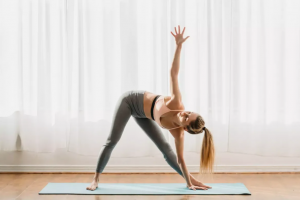There are several things you can do for your newborn’s first winter. Here are eight ways you can protect your newborn’s first winter. Wrap them in warm clothes and make sure they have gloves, socks, and a hat for when they go outside.
2. When you are outside, use a blanket or baby carrier to keep your child warm. 3. Avoid freezing temperatures and stay inside if possible. 4. Make sure they have enough moisture in their skin. Dry air can cause skin irritation and cracking.
Apply a light lotion or cream every day. 5. You should give them lots of fluids, especially breast milk and formula. But water is essential to keep them hydrated, especially if they are sick. 6. Do not smoke near them. Secondhand smoke can be dangerous for everyone, but especially for babies and young children.
Smoking should be done outside, away from children.
There are several key steps you can take to protect your winter baby. Here are eight ways you can keep your baby warm and comfortable throughout the winter: Layer them.
They will be able to trap heat near their skin, which will help keep them warm. You should make sure they are dressed in breathable fabrics to keep them from overheating. Also, always have a hat or a headband to protect their ears and head. 2. Use a humidifier.
Winter can be harsh on babies’ skin, nose and throat. A humidifier can add moisture to the air and soothe irritation. 3. Keep them hydrated.
Babies and everyone! All winter, babies and everyone need to be hydrated. You can offer formula or breast milk frequently to your baby. Make sure they are getting enough fluids if they are eating solids. 4. When you go outside, bundle them up.
After taking your baby outside, ensure that they are properly dressed for the weather. This includes covering them with layers, using a blanket or stroller cover, and covering their exposed skin with socks or mittens. This will help to remove any dirt and debris that has accumulated on their skin. It will also prevent them from losing heat through exposed areas such as their face.
You should not go outside in cold weather. These signs should be reported immediately to your doctor. It is always best to be cautious when it comes your newborn’s health.
Credit: www.nwphysicians.com
What do I need for a winter-born baby?
Assuming that you live in colder climates: You’ll need extra measures to ensure your baby and you are both comfortable. These are some tips to remember.
Dressing your Baby for Cold Weather. It is tempting to overdress your baby to keep them warm. Overdressing your baby can lead to heat, which can result in serious health issues.
You can instead dress your baby in a layer more than what you are wearing. It’s a good idea to keep your baby cool when touching their skin. Heating Your Home Safely
It is essential that you heat your home safely to protect your baby from cold and drafts. Space heaters and open flames can cause fire hazards. Central heating is the best way to heat your house. However, it is important that you don’t set the temperature too high.
A carbon monoxide detector should be installed in the vicinity of your family’s sleeping areas. Maintaining a Healthy Lifestyle It is important to be healthy during pregnancy as well as after delivery. You will be more likely to get sick.
Make sure you wash your hands frequently, eat healthy food (including lots of fruits and veggies), and get enough sleep. You should see a doctor immediately if you feel unwell.
How do I cover my newborn in winter?
If you’re talking about a baby born in the northern hemisphere here are some winter tips: Layers are a good way to dress your baby. This will allow for you to adjust the amount and style of clothing according to the outside temperature.
2. As an additional layer of warmth, a onesie or bodysuit can also be worn underneath other clothing. 3. To keep your baby warm, put a hat on their head. Make sure the hat does not go too close to their eyes.
4. To protect your baby from the cold, cover their hands and feet with socks or mittens.
What should I do for my baby in winter?
If you’re referring to winter preparations for babies, there are some things you can do. First, ensure you have sufficient insulation and heating.
This will keep your baby comfortable and warm. To keep your baby warm, you should have plenty of blankets. You should also make sure your baby has a comfortable place to sleep, away from drafts and cold spots.
To be safe, you might consider purchasing a space heater to heat your nursery. You will need to have plenty of diapers and wipes, plus extra clothing in case of an emergency. If you are using formula or breastmilk, it is a good idea.
Don’t forget to bring pacifiers and bottles! It’s always a good idea to keep a first-aid kit handy just in case. These are just a few of the things you should remember when winterizing your baby’s home.
You will be well prepared if you keep warm and have enough supplies.
How can I protect my baby’s skin in winter?
Let’s say you want to protect your baby’s skin in winter. Low humidity can lead to dryness, itching, and cracking.
To increase the humidity in the air, you can use a humidifier. You should also ensure that your baby’s skin is clean and well-hydrated. Use unscented, gentle soap and rinse it off.
To lock in moisture, use a hypoallergenic moisturizer for three minutes after you have finished bathing. Layers are important for babies who need to regulate their body temperature when you take them outside. The outer layer should be windproof and waterproof.
To protect your baby’s head and face from cold weather, put a hat on. Sunscreen with at least 15 SPF should be applied before you go outside, even on cloudy days. UV rays can penetrate clouds. If your baby is sweating or swimming, you should apply sunscreen at least every two hours.
Heat sources like space heaters, fireplaces, and radiators should be avoided.
My Top 10 Tips for Comfortable Winter for Babies |
How to dress a newborn in winter from the hospital
Here are some tips for dressing a newborn baby girl in winter. Make sure your baby is warm and cozy if it’s cold outside. You will need a warm coat, jacket, and boots.
A blanket may be a good idea to cover her car seat with. Layers are a great way to keep your baby warm once you return home. It’s a smart idea to put a onesie or bodysuit on your baby, with a sweater or jacket underneath.
Make sure you have socks and boots! Make sure your fireplace is not too hot and the room is still warm before you bring your baby in.
Conclusion
Many parents are unsure how to care for their baby during winter. These are eight tips that will help you keep your baby warm and safe during the first few months. Layer your baby with layers.
You can keep your baby warm by covering them with a onesie, bodysuit, or sleep sack. 2. A humidifier is a good choice. A humidifier can prevent dry skin and congestion from indoor heating.
3. Maintain a comfortable temperature in your home. Your home shouldn’t be too warm or too cold. Keep it between 68 and 72 degrees Fahrenheit. 4. Space heaters and fireplaces should be avoided.
If not used correctly, these can pose dangers to your baby. 5. Take your baby along with you to the outside. You can dress your baby in a coat or hat if it is cold outside. Before you go out, make sure they are warm and cozy.
. Consider bringing along a portable heater if you plan to be away for longer than an hour.
You can even consider buying an infant car seat cover that has an integrated heating element. They are well worth the investment! 6,. Bathing your baby should be done with extra care
Baby’s heat is rapidly lost so don’t let them sit in the tub for longer than 5-10 minutes. Make sure that the room is warm and comfortable before they start their bath. This will ensure that they don’t become cold afterward. Poor feeding, pale skin or lethargy are all signs of hypothermia. These signs should be brought to your doctor immediately if you see them. 8,. 8. Know when to call your doctor. If you have concerns about your baby’s health, well-being or general wellbeing, it is best to call their doctor immediately. These tips will help you feel confident that you have done all you can to protect your baby’s health during the first winter.















Leave a Reply